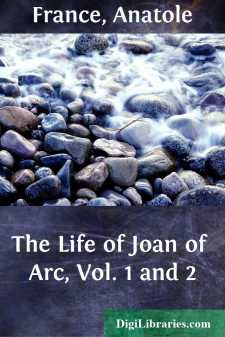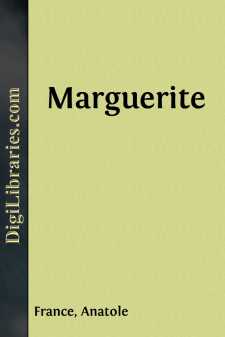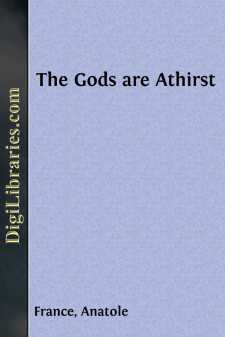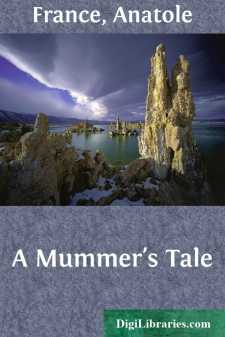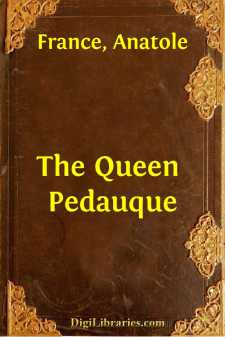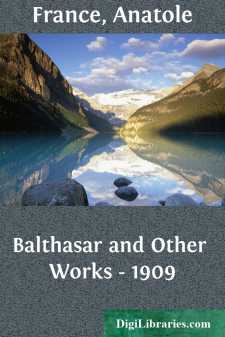Categories
- Antiques & Collectibles 13
- Architecture 36
- Art 48
- Bibles 22
- Biography & Autobiography 815
- Body, Mind & Spirit 144
- Business & Economics 28
- Children's Books 18
- Children's Fiction 14
- Computers 4
- Cooking 94
- Crafts & Hobbies 4
- Drama 346
- Education 58
- Family & Relationships 59
- Fiction 11834
- Games 19
- Gardening 17
- Health & Fitness 34
- History 1378
- House & Home 1
- Humor 147
- Juvenile Fiction 1873
- Juvenile Nonfiction 202
- Language Arts & Disciplines 89
- Law 16
- Literary Collections 686
- Literary Criticism 179
- Mathematics 13
- Medical 41
- Music 40
- Nature 179
- Non-Classifiable 1768
- Performing Arts 7
- Periodicals 1453
- Philosophy 65
- Photography 2
- Poetry 896
- Political Science 203
- Psychology 44
- Reference 154
- Religion 515
- Science 126
- Self-Help 85
- Social Science 82
- Sports & Recreation 34
- Study Aids 3
- Technology & Engineering 59
- Transportation 23
- Travel 463
- True Crime 29
Our website is made possible by displaying online advertisements to our visitors.
Please consider supporting us by disabling your ad blocker.
The Life of Joan of Arc, Vol. 1 and 2
by: Anatole France
Categories:
Description:
Excerpt
PREFACE
TO THE ENGLISH EDITION
CHOLARS have been good enough to notice this book; and the majority have treated it very kindly, doubtless because they have perceived that the author has observed all the established rules of historical research and accuracy. Their kindness has touched me. I am especially grateful to MM. Gabriel Monod, Solomon Reinach and Germain Lefèvre-Pontalis, who have discovered in this work certain errors, which will not be found in the present edition.
My English critics have a special claim to my gratitude. To the memory of Joan of Arc they consecrate a pious zeal which is almost an expiatory worship. Mr. Andrew Lang's praiseworthy scruples with regard to my references have caused me to correct some and to add several.
The hagiographers alone are openly hostile. They reproach me, not with my manner of explaining the facts, but with having explained them at all. And the more my explanations are clear, natural, rational and derived from the most authoritative sources, the more these explanations displease them. They would wish the history of Joan of Arc to remain mysterious and entirely supernatural. I have restored the Maid to life and to humanity. That is my crime. And these zealous inquisitors, so intent on condemning my work, have failed to discover therein any grave fault, any flagrant inexactness. Their severity has had to content itself with a few inadvertences and with a few printer's errors. What flatterers could better have gratified "the proud weakness of my heart?"
Paris, January, 1909.
Y first duty should be to make known the authorities for this history. But L'Averdy, Buchon, J. Quicherat, Vallet de Viriville, Siméon Luce, Boucher de Molandon, MM. Robillard de Beaurepaire, Lanéry d'Arc, Henri Jadart, Alexandre Sorel, Germain Lefèvre-Pontalis, L. Jarry, and many other scholars have published and expounded various documents for the life of Joan of Arc. I refer my readers to their works which in themselves constitute a voluminous literature, and without entering on any new examination of these documents, I will merely indicate rapidly and generally the reasons for the use I have chosen to make of them. They are: first, the trial which resulted in her condemnation; second, the chronicles; third, the trial for her rehabilitation; fourth, letters, deeds, and other papers.
First, in the trial which resulted in her condemnation the historian has a mine of rich treasure. Her cross-examination cannot be too minutely studied. It is based on information, not preserved elsewhere, gathered from Domremy and the various parts of France through which she passed. It is hardly necessary to say that all the judges of 1431 sought to discover in Jeanne was idolatry, heresy, sorcery and other crimes against the Church. Inclined as they were, however, to discern evil in every one of the acts and in each of the words of one whom they desired to ruin, so that they might dishonour her king, they examined all available information concerning her life. The high value to be set upon the Maid's replies is well known; they are heroically sincere, and for the most part perfectly lucid. Nevertheless they must not all be interpreted literally. Jeanne, who never regarded either the bishop or the promoter as her judge, was not so simple as to tell them the whole truth. It was very frank of her to warn them that they would not know all. That her memory was curiously defective must also be admitted. I am aware that the clerk of the court was astonished that after a fortnight she should remember exactly the answers she had given in her cross-examination. That may be possible, although she did not always say the same thing. It is none the less certain that after the lapse of a year she retained but an indistinct recollection of some of the important acts of her life. Finally, her constant hallucinations generally rendered her incapable of distinguishing between the true and the false.
The record of the trial is followed by an examination of Jeanne's sayings in articulo mortis. This examination is not signed by the clerks of the court. Hence from a legal point of view the record is out of order; nevertheless, regarded as a historical document, its authenticity cannot be doubted....


